Graham Reid | | 3 min read
Ticket to Ride (movie mix)
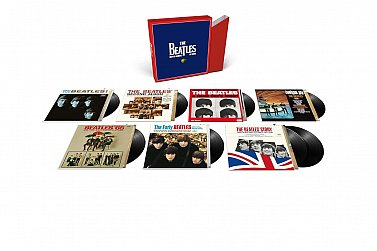
Although the scream-age fans fell at the Beatles' feet after The Ed Sullivan Show appearance in February 1964, they had a very strange and different understanding of their music.
The US albums were mismatches of the original British album tracks and singles, songs dropped from one UK album would appear later, sometimes much later.
These albums were the work of Capitol Record's Dave Dexter Jnr., a fan of bebop jazz who turned down the first Beatles singles on offer from the UK (Love Me Do, Please Please Me, Ask Me Why and She Loves You, plus their B-sides) and even dismissed I Want to Hold Your Hand.
He considered they had no commercial potential in the US.
When his hand was forced by the UK – who had got Introducing the Beatles released on the tiny, black-owned, R'n'B and soul label Vee-Jay label out of Chicago – he finally got its act together.
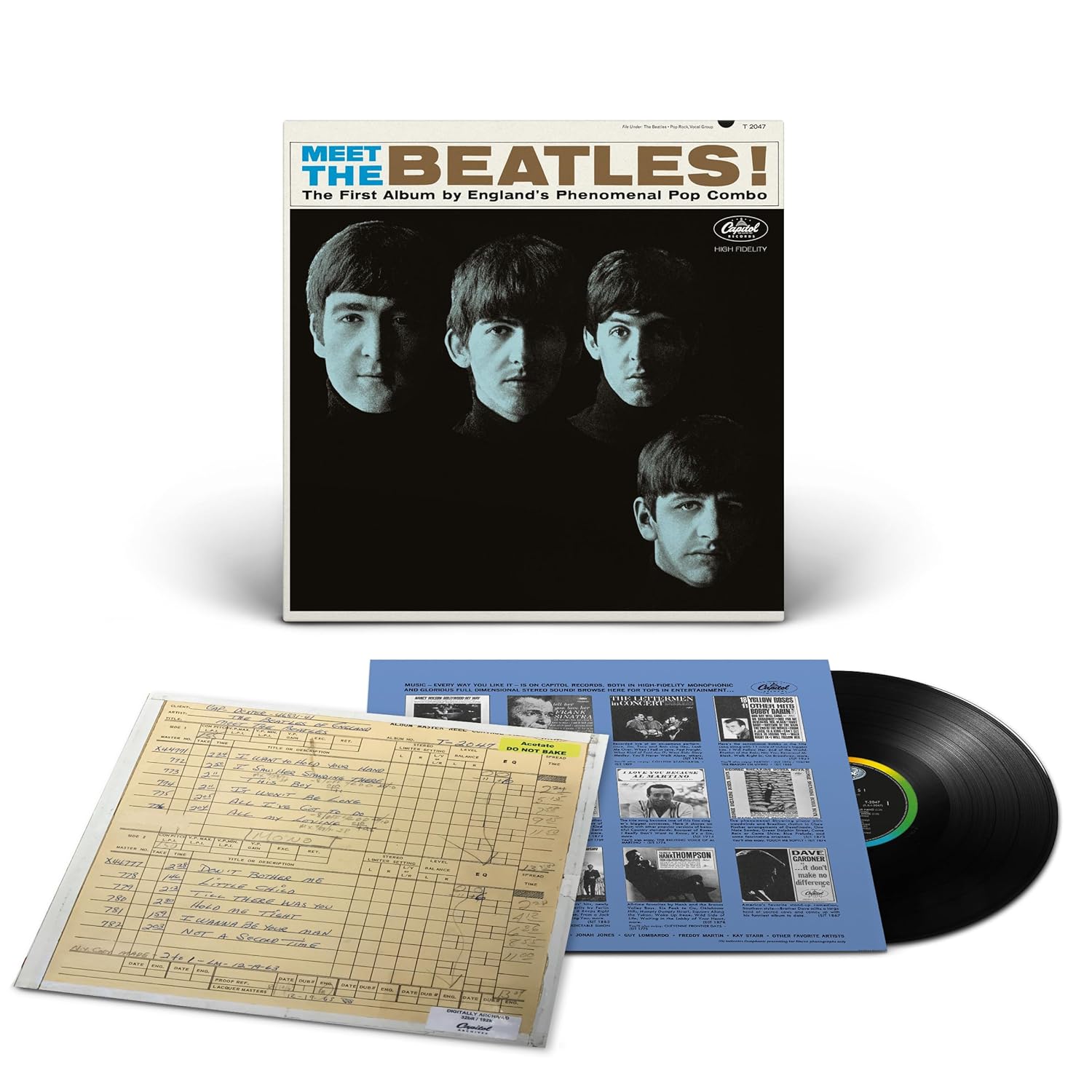 He put out the massive selling Meet the Beatles, a cobbled together album in Britain's With the Beatles album cover but which drew from Please Please Me (their first UK album) and added the hit single I Want to Hold Your Hand.
He put out the massive selling Meet the Beatles, a cobbled together album in Britain's With the Beatles album cover but which drew from Please Please Me (their first UK album) and added the hit single I Want to Hold Your Hand.
And so the story of mashed-up Beatle albums in America began. Right up to Sgt Pepper's in '67, American audiences heard the Beatles in an entirely different way than the band intended.
Because Dexter had to play catch-up the track-listing of the Beatles' US albums differs considerably from those in Britain and the rest of the civilised world.
Dexter included stand-alone singles and released short albums with just 10 or 11 songs as opposed to the British releases which had seven songs a side.
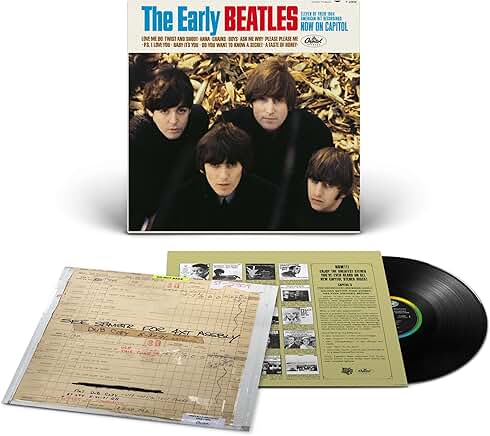 In the same period the UK released seven Beatles' albums, the US released 10 . . . all with different track listings.
In the same period the UK released seven Beatles' albums, the US released 10 . . . all with different track listings.
It wasn't until Capitol released The Early Beatles in '65 (in a cover from the same shoot as Beatles for Sale) that US audiences heard some songs from Please Please Me two years previous.
And Dexter remixed songs adding reverb, used different masters or created oddball albums like his A Hard Day's Night which had instrumental versions of some songs.
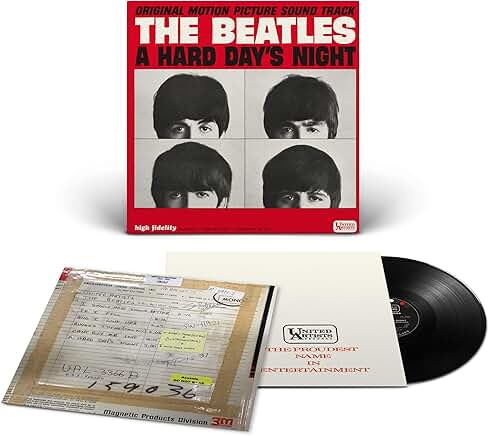 The Dexterised Help! included non-Beatle instrumental passages lifted from the film's soundtrack.
The Dexterised Help! included non-Beatle instrumental passages lifted from the film's soundtrack.
The American version of Rubber Soul dropped the startling opener Drive My Car, Lennon's superb Nowhere Man, Ringo's What Goes On and Harrison's Hollies-like If I Needed Someone (which the Hollies covered with little success).
In their place came It's Only Love and I've Just Seen a Face from Help! so the resulting album was more in line with the emerging folk-rock of the period.
And let's not get started on the US version of Revolver which dropped Lennon's Dr Robert, I'm Only Sleeping and And Your Bird Can Sing because they had appeared on the Yesterday And Today collection (the one with the notorious “butcher sleeve”) of just two months previous.
Dexter did however create one excellent album, the Second Album (given the Vee-Jay release it was actually their third).
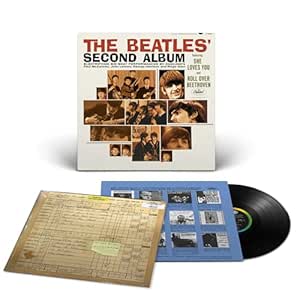 It's a terrific rock'n'roll collection in a lousy cover and you can hear why US writers said the Beatles were just giving them American music back in a British accent.
It's a terrific rock'n'roll collection in a lousy cover and you can hear why US writers said the Beatles were just giving them American music back in a British accent.
It favours their covers of black artists (it opens with Chuck Berry's Roll Over Beethoven) alongside their own hit She Loves You and other originals.
The vinyl box set of six Capitol albums in mono – available separately, the Dexterised Help!, Rubber Soul, Revolver, Hey Jude and Yesterday and Today not included – allows you to re-hear the Beatles differently.
There's also the spoken word/doco double album The Beatles' Story where well-meaning people try to explain Beatlemania.
When the 2014 box set of US Capitol albums appeared they were collections using the newly remastered versions of the tracks, not the Dexterised versions.
The new box set restores the original masters as used by Dexter but doesn't remix them. So you can hear them closer to how they sounded at the time for the American audience.
 And now you know why, when John Lennon would introduce songs on stage, he'd cynically joke about what album they came from.
And now you know why, when John Lennon would introduce songs on stage, he'd cynically joke about what album they came from.
He probably didn't have a clue.
.
These albums are available in a box set or individually from JB Hi-Fi stores here.
.
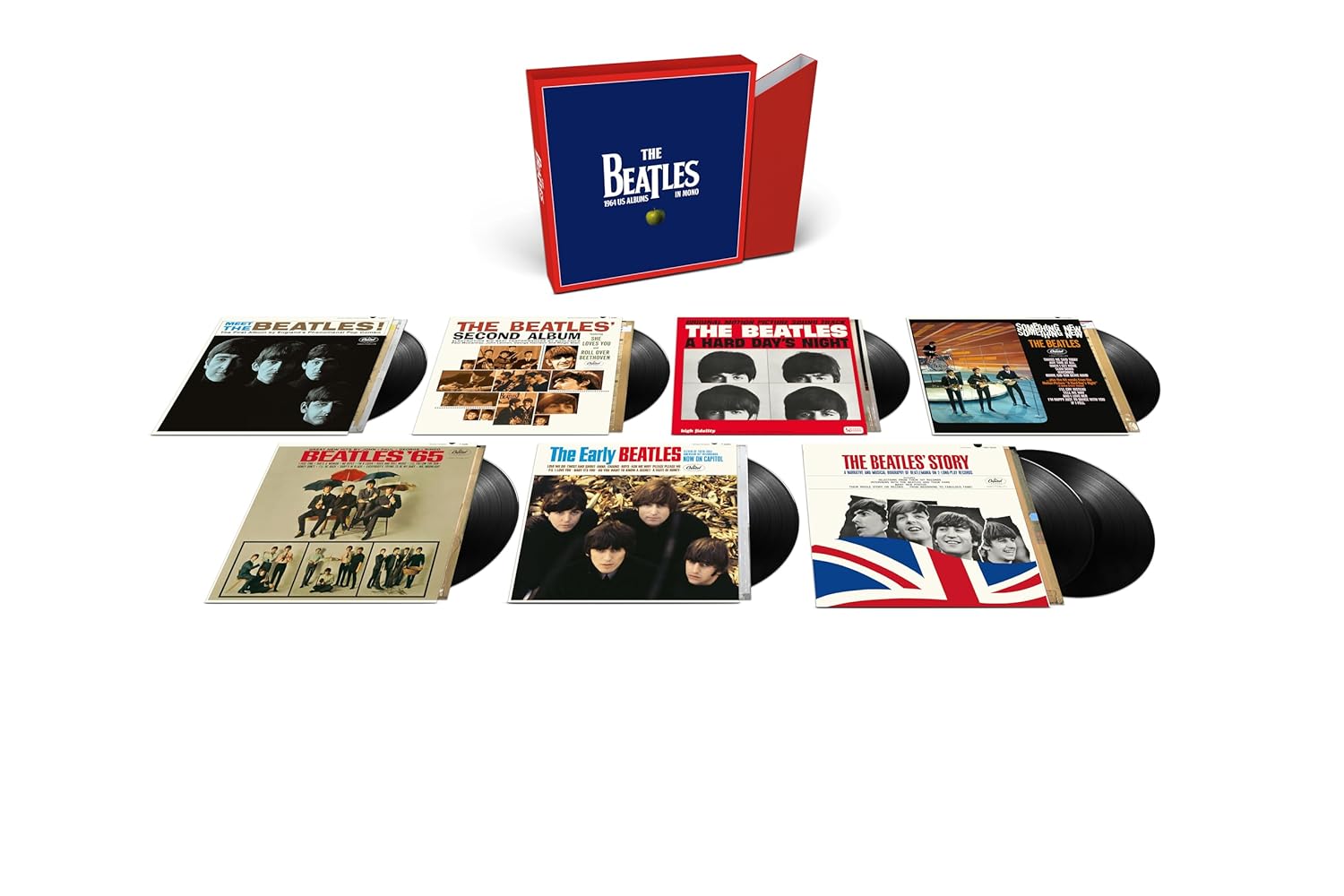


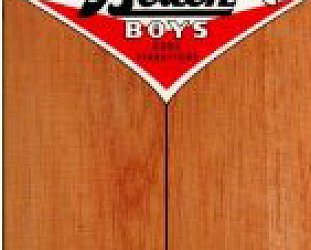
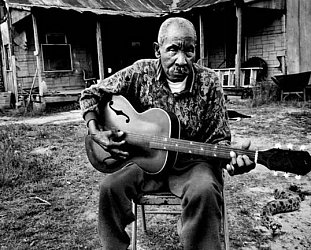

post a comment